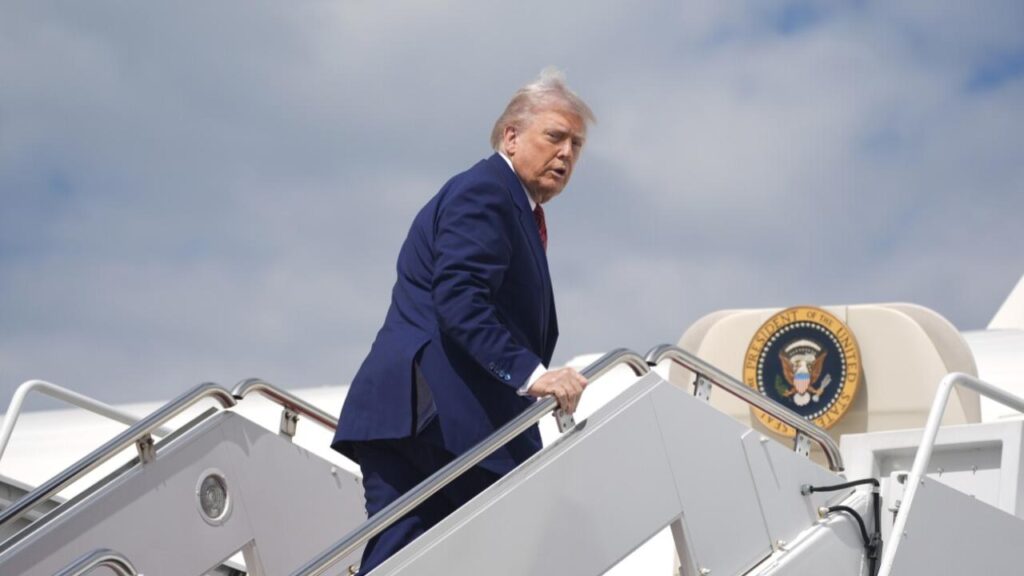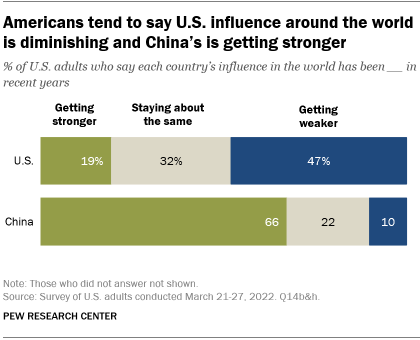From NATO headquarters to G7 summits, a quiet but unmistakable shift is underway: America’s closest allies are no longer certain they can count on Washington’s leadership. Whether it’s on climate, trade, or collective defense, trust is fading—and fast. This shift isn’t just diplomatic drama; it’s a sign of deeper strategic recalibrations that could reshape global power dynamics.

How America’s Most Loyal Partners Are Questioning Its Leadership
| Takeaway | Stat |
|---|---|
| Confidence in U.S. leadership is waning among allies | Over 60% in France, UK, Japan lacks trust |
| Global approval of U.S. leadership dropped below China’s | +22% to –5% shift in global sentiment |
| Allies are preparing for U.S. unreliability | EU and Japan increasing independent defense capacity |
The global map of trust is being redrawn. America’s long-time allies aren’t turning hostile—but they’re definitely hedging. As confidence in U.S. leadership falters, new strategic equations are forming. If Washington hopes to lead in this next era, it needs more than defense budgets. It needs to prove it’s still the ally it once was.
A Growing Rift in Transatlantic and Pacific Ties
A recent Pew survey confirms what many diplomats have whispered for years: in France, Germany, the UK, South Korea, and Japan, fewer than 40% of people believe the U.S. can be trusted to “do the right thing” in international affairs. And when it comes to climate change or multilateral trade deals, trust plummets even lower.
In an even starker shift, the Democracy Perception Index showed that global views of the U.S. went from a net positive of 22% to a net negative of 5%—while China, in contrast, has seen its global favorability climb. That’s not just image—it’s influence.
I’ve seen this mood change firsthand during assignments in Brussels and Tokyo. Ten years ago, U.S. officials were welcomed like rockstars. Now, allies ask more questions—and offer fewer nods of agreement.
“America First” Comes at a Cost
The Trump-era motto “America First” was more than a slogan—it was a policy direction that left traditional allies reeling. Tariffs on Canadian steel, abrupt exits from climate accords, and transactional language on defense shook the foundations of alliances forged in war and sustained through decades of trust.
Who could forget the infamous 2018 G7 summit, where then-President Trump backed out of a joint statement, blindsiding the other six countries? That moment crystallized a new reality: U.S. leadership was no longer a given—it was conditional.
Even today, with Trump likely returning to the global stage in 2025, the message is clear. Allies are expected to pay more for defense and prove their worth—or risk being sidelined. As this AP analysis notes, “Leader of the free world” isn’t a title Trump seems eager to claim.

Going It Alone: Europe, Japan Hedge Their Bets
The growing skepticism is translating into hard policy. European nations are beefing up defense budgets, with Germany and France considering enhanced nuclear arrangements. Japan, long shielded by the U.S. military umbrella, is taking a historic turn—joining discussions with AUKUS (Australia, UK, U.S.) and seeking offensive capabilities for the first time since WWII.
This isn’t abandonment—it’s insurance. As a Vox report puts it, allies “no longer assume the U.S. cavalry will show up.”
Why Credibility Matters More Than Power
Soft power has long been a cornerstone of U.S. dominance—winning allies not just with force but with values. But that credibility is eroding. British newspapers now openly discuss strengthening ties with the EU “in lieu of uncertain U.S. leadership.” Even longtime Republican Senator Jeff Flake recently called on his party to reaffirm support for NATO and democratic norms. The challenge isn’t that America lacks might—it’s that allies question its commitment.
Where We’re Headed Next
Multipolarity Rising
With growing uncertainty in Washington, the world is tilting toward multipolarity. Regional powers like the EU, India, and even Saudi Arabia are forging independent paths—often bypassing the U.S. in key decisions.
Global Cooperation May Fray
Whether it’s climate change or cybersecurity, fractured trust makes cooperation harder. Allies may act in silos, duplicating efforts or leaving gaps in global coverage.
But U.S. Power Isn’t Over
The Pentagon’s global footprint, Wall Street’s influence, and Silicon Valley’s tech dominance remain unmatched. Yet without the trust of allies, these assets lose their strategic edge.
FAQs
Are U.S. allies really stepping away from old security promises?
Yes. European leaders are discussing contingency plans that don’t rely on Washington, and Japan is exploring weapons systems and intelligence partnerships outside the traditional U.S. framework.
Could this all reverse with a change in leadership?
Maybe. But even under Biden, trust hasn’t fully recovered. The trend toward diversified alliances seems to be more than just a Trump-era backlash—it’s structural.
What can the U.S. do to repair relationships?
Experts suggest long-term consistency in foreign policy, stronger investments in diplomacy, and renewed support for multilateral institutions are key to regaining trust.






